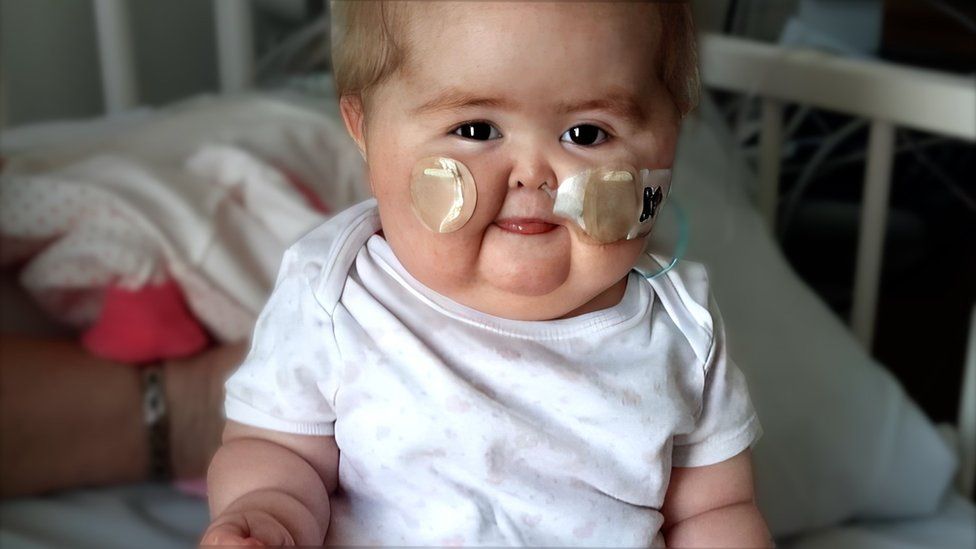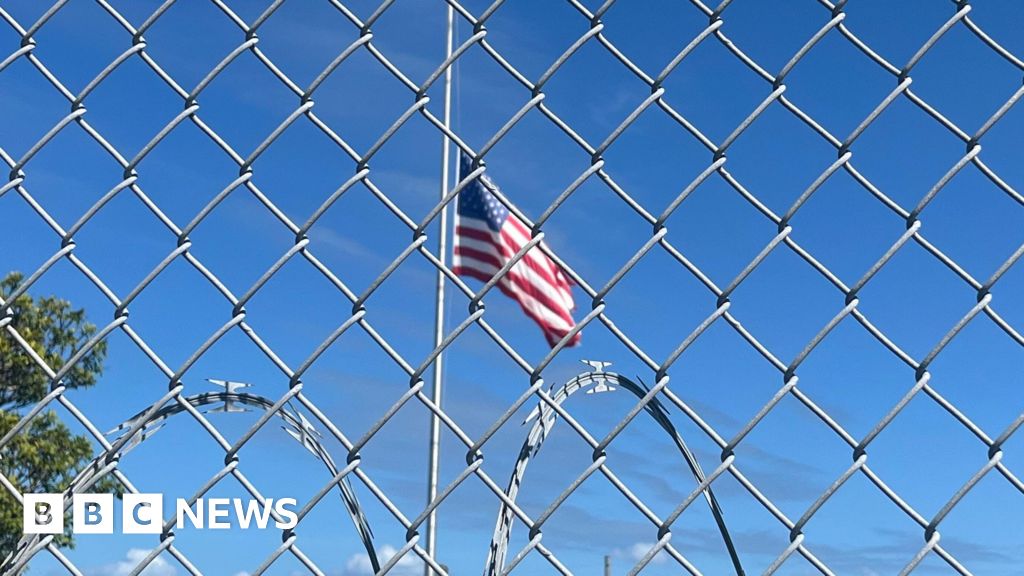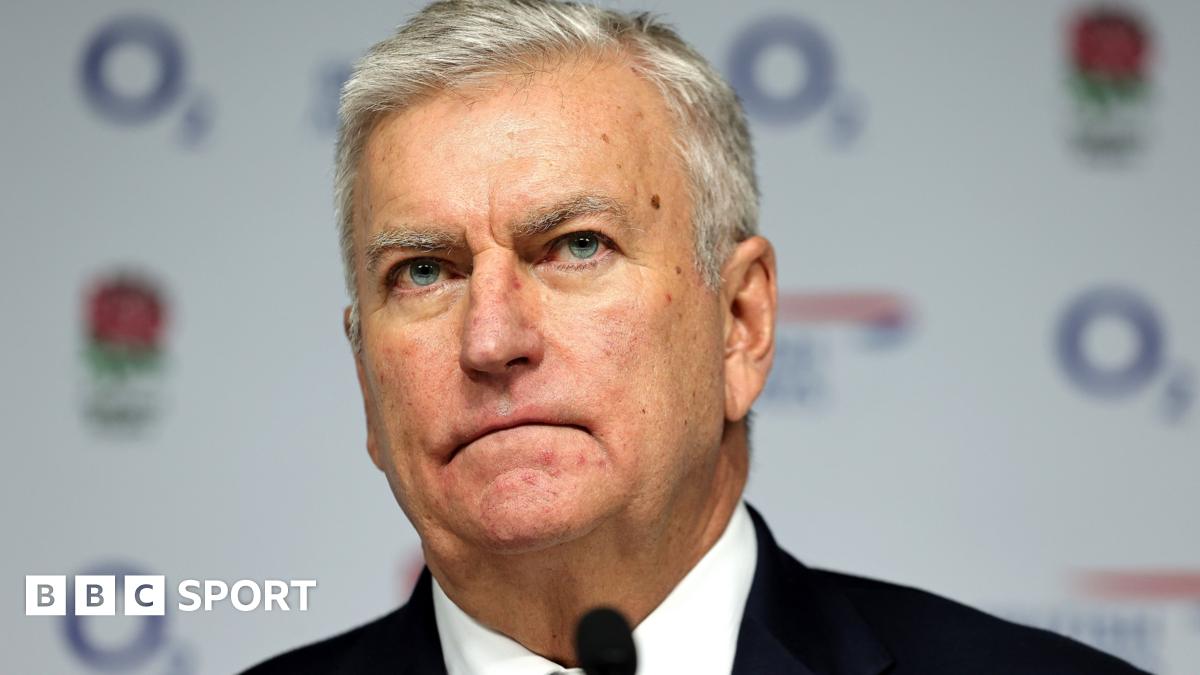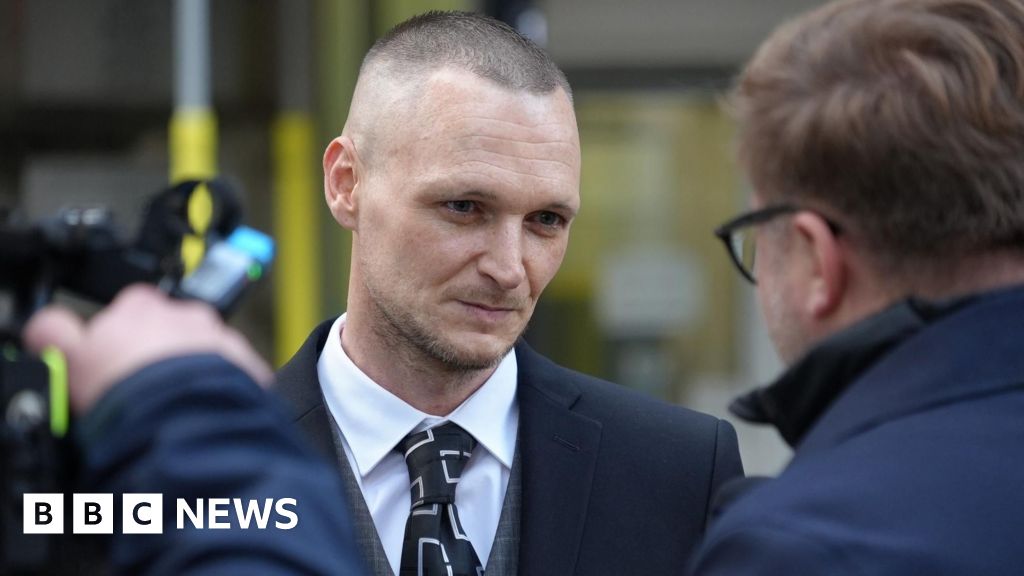
Jorgie Stanton-Watts died aged 23 months
By Jon Ironmonger
Investigations, BBC East
In 2016, Kettering General Hospital (KGH) became the focus of a major criminal inquiry. Documents seen by the BBC reveal detectives looked for evidence of gross negligence manslaughter over the treatment of Jorgie Stanton-Watts, a vulnerable toddler.
Seven years of investigations followed, by the hospital, regulators and a coroner. This is the story of a family's struggle to hold people to account.
Jorgie died on Saturday 8 October 2016 from the results of dehydration and sepsis.
Her mother Nicola Stanton, 49, says she went home distraught, but on Monday morning was surprised to find the police at her door.
"They said 'If your daughter had died of dehydration while in your care, you'd be looking at a prison sentence and your other children would be removed.' We knew then something wasn't right."
From birth, Jorgie was in and out of hospital with a pituitary gland problem that affected her development and made her face puffy.
Her grandmother, Zena Stanton, 72, shows a video of her wriggling happily on a play mat and listening to her favourite song, Maggie May.
"Jorgie was known as 'Sunshine' - she was always happy-go-lucky, but for those few days at KGH, she was in agony," she says.
"She wouldn't even let us pick her up for a cuddle."
Since Jorgie's death, a BBC investigation has heard from more than 50 parents with serious concerns about the treatment of their children, many of whom died or suffered injury.
The Northamptonshire hospital has also been inspected regularly.
In April the Care Quality Commission (CQC) downgraded the hospital's children's services to inadequate, the lowest possible rating.
Skylark Ward is situated in a colourful building near the hospital's main entrance
Jorgie was admitted to KGH on 29 September 2016 with a cold.
Soon afterwards, she developed an infection and was moved to Skylark Ward, a 26-bed children's unit.
Then things began to go wrong.
Unable to produce the stress hormone cortisol, Jorgie needed a higher dose of hydrocortisone if she was poorly.
An 'inexplicable' decision
However, on 2 October her consultant, Dr Pratibha Rao, reduced her dosage by switching from intravenous to oral medication.
This decision was "inexplicable", according to Dr Richard Stanhope, a paediatric endocrinologist who gave evidence at Jorgie's inquest.
He concluded it "almost certainly" led to severe dehydration.
But staff failed to notice. Jorgie's nappies were not weighed, as they should have been, and other warning signs ignored.
"It was a complete lack of care," Nicola says.
"Jorgie was well known on the ward so the way she was treated hurt us even more.
"One of the nurses even took a monitor off me because it was constantly beeping and doing their heads in."
On 5 October, the day Jorgie collapsed, no observations had been carried out and almost nothing written in the nursing notes.
It fell to a lab worker to raise the alarm after receiving the results of a delayed blood test and Jorgie was urgently collected by a team at Leicester Royal Infirmary (LRI).
But her condition was irreversible.
She died on 8 October, two weeks before her second birthday.
Jorgie was in and out of hospital throughout her life with a pituitary gland problem
"We watched her die in the most awful way - we were asking constantly for fluids but they ignored us," says Zena, now in tears.
They were not the only ones with misgivings.
Someone at LRI had called Northamptonshire Police, and within hours the case was assigned to its major crime team, part of the East Midlands Special Operations Unit.
Numb with grief, Nicola was driven to a police station.
"It was all a blur. My interview lasted about six or seven hours," she says.
"Mum went off the following day and then my sister and then Stephen, Jorgie's father, a day later."
The funeral was delayed. Jorgie's brain was removed for testing and later transported to London for a second post-mortem examination.
Kettering General Hospital's children's services have been rated as inadequate
Fifteen months later, Nicola received a letter from lead detective Det Insp Stuart Hitchon.
The police investigation was closed. They had been unable to show medical staff's actions led to Jorgie's death or met "the threshold for manslaughter by gross negligence".
He cited Dr Stanhope's findings that while "stopping the hydrocortisone would not have helped", paediatricians "felt it was the right decision".
Years later, a police sergeant who reviewed the file and did not want to be identified, told the BBC that, in her opinion, the case "was in the 'too-difficult-to-deal' box".
She added: "Basic rules of investigation were not adhered to because it happened in a hospital."
Indeed, detectives had not interviewed any of the people who had cared for Jorgie.
A spokeswoman for Northamptonshire Police said a great deal of other evidence was gathered "including Jorgie's medical records and statements from family members".
She said: "We completely understand the family's disappointment when this decision was made."
She added that any suggestions the investigation was not carried out properly because "the case was too complex or it happened in a hospital, are unhelpful and completely untrue".
Five medical failures
The case was passed to coroner Philip Barlow, who asked that statements be taken for the first time from Dr Rao, another consultant, and two nurses.
His conclusion at the inquest in April 2019 was damning.
Jorgie's death, he said, was the result of multi-organ failure caused by dehydration and sepsis.
He identified five medical failures by hospital staff, contributed to by neglect.
These included Dr Rao's decision to remove Jorgie's steroid drip and the failure by staff to notice she was becoming dehydrated.
After the inquest, KGH apologised and the coroner noted the resulting changes on Skylark Ward.
Its then director of nursing, Leanne Hackshall, said the hospital "had worked hard to learn all of the lessons".
Dr Rao was appointed to supervise the retraining of staff in key areas such as fluid management.
Zena (left) and Nicola Stanton have been pressing for answers in the case
But Jorgie's family were frustrated that none of the four individuals had been suspended, even while the hospital conducted its own investigation.
"We wanted to face [those involved] and see people disciplined," says Zena.
"A child died - there has to be consequences."
The hospital refused to arrange a meeting out of concern for its staff members' mental health.
Zena pressed on. She complained to the General Medical Council (GMC) and the Nursing and Midwifery Council (NMC), which held four separate investigations.
Three cases were closed with no action, including Dr Rao's.
The GMC decided there was "no evidence to support a finding that her care was deficient".
'Sought to deflect blame'
It hired a different expert who found that removing the steroid drip was "entirely appropriate" and "safe" because Jorgie "remained under observation and on intravenous fluids".
Dr Rao continues to work on Skylark Ward.
In July the NMC made a finding of misconduct against nurse Afua Ntumy, saying she did not act when Jorgie became dehydrated and "sought to deflect blame on to others".
She was also allowed to continue working on Skylark after performing well in a recent appraisal.
"We're done now," says Nicola, looking completely exasperated.
"It's not going to change - we're not big enough and we haven't got anything else in us now to keep doing it."
The families of more than 50 children have shared serious concerns about their treatment at KGH
In July the CQC reported signs of improvement after a follow-up inspection of KGH's children's services, but a spokeswoman said it had been made aware of further concerns.
In September the hospital announced it would stop treating babies born under 32 weeks due to staffing issues.
"Jorgie was just a number - one less on the books," Zena says.
"The whole of this for the hospital has been about protecting staff and that's why there are so many failings on that ward.
"There are some dedicated nurses and consultants but they're few and far between and until they sort it, things won't change."
KGH's chief executive, Deborah Needham, said it had "co-operated fully and openly" with all of the reviews of Jorgie's case.
In a statement, she added: "We would again like to offer our sincere condolences to Jorgie's family on their loss and apologise for the quality of care she received.
"We are committed to providing a high quality children's service and strive continually to look for ways to improve and embed the safest possible working practises.
"More recently improvements recommended by the Care Quality Commission have been comprehensively addressed with significant investment."
Dr Rao did not respond to the BBC's requests for comment.
Do you have a story to share with the BBC East Investigations Team?
You can reach Jon Ironmonger on WhatsApp and Signal on: +44 07890 348918 or by email at jon.ironmonger@bbc.co.uk
Related Internet Links
The BBC is not responsible for the content of external sites.
 (1).png)
 1 year ago
14
1 year ago
14


















